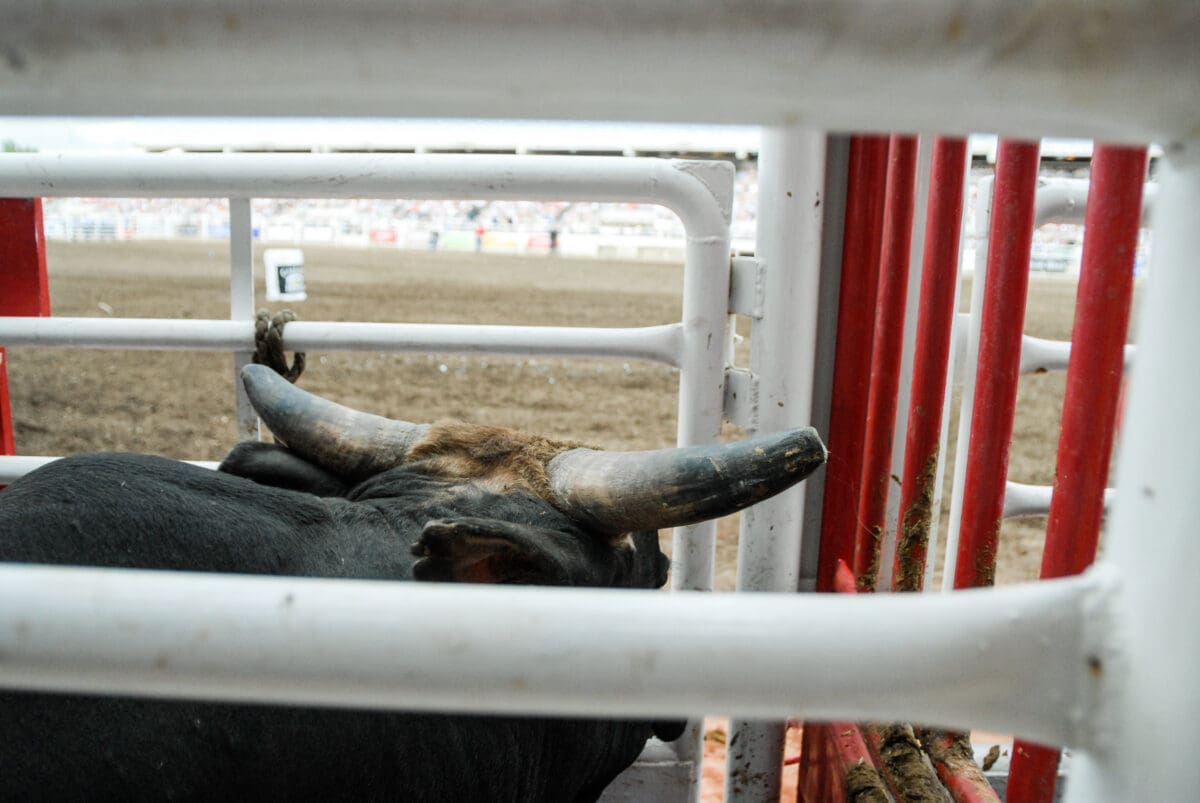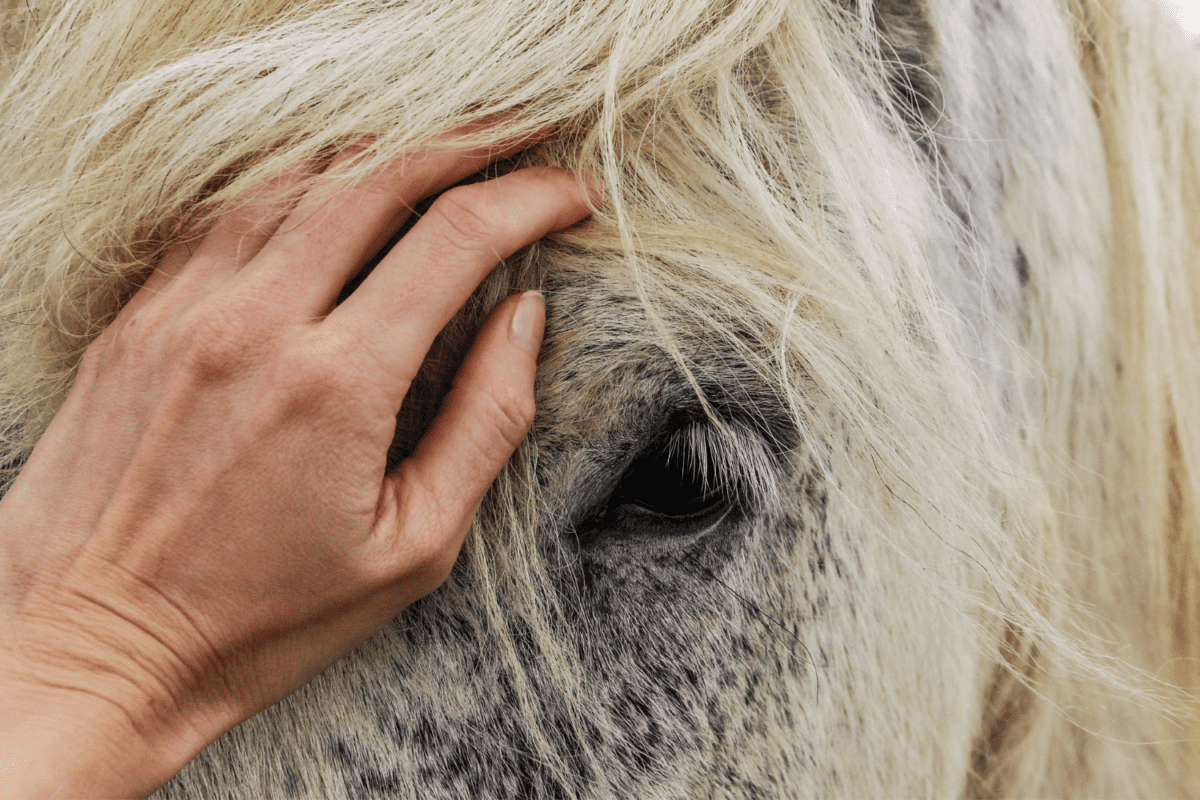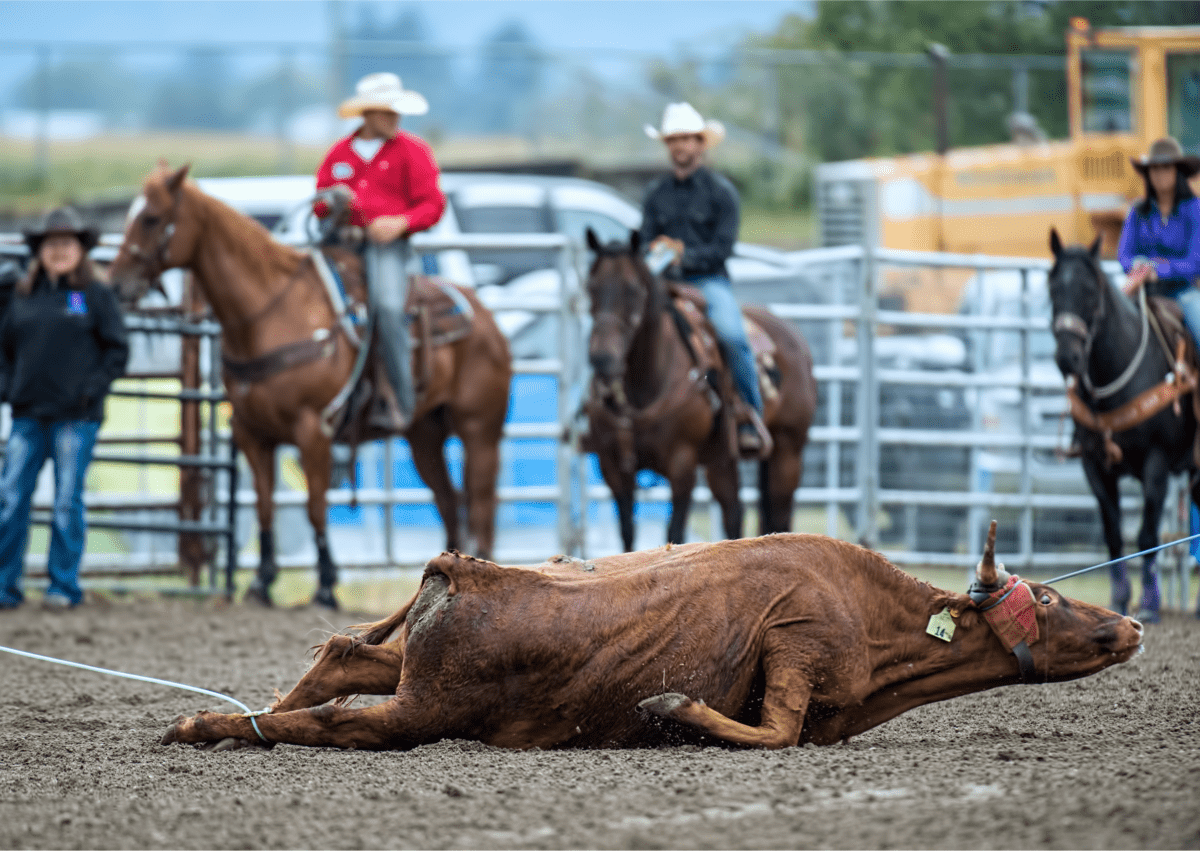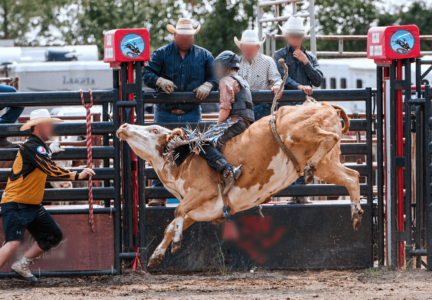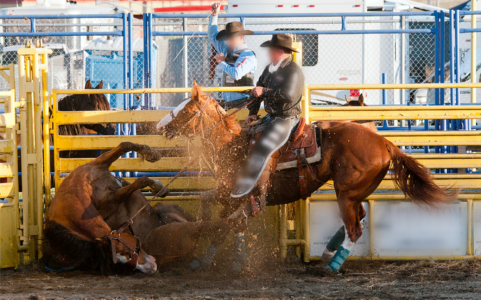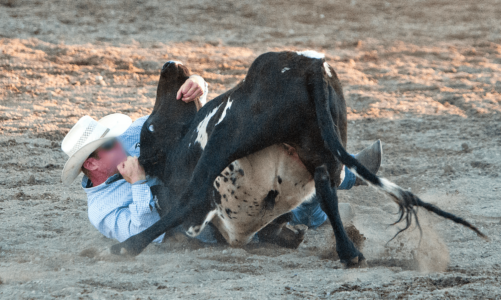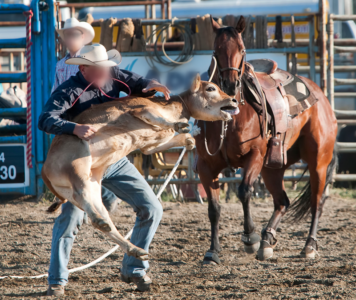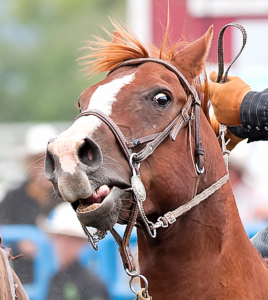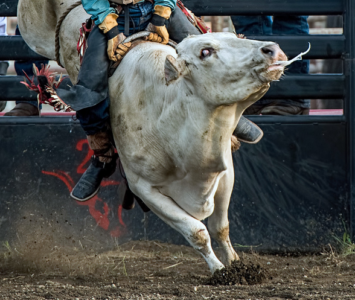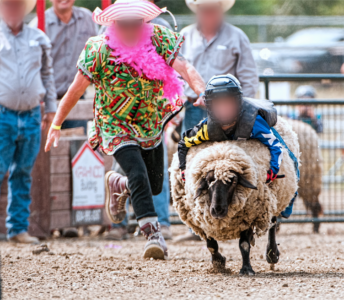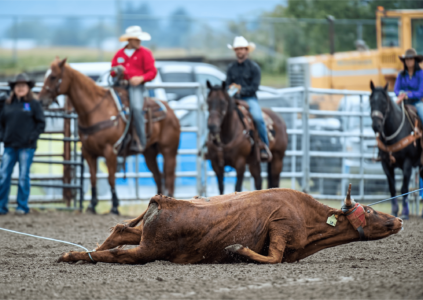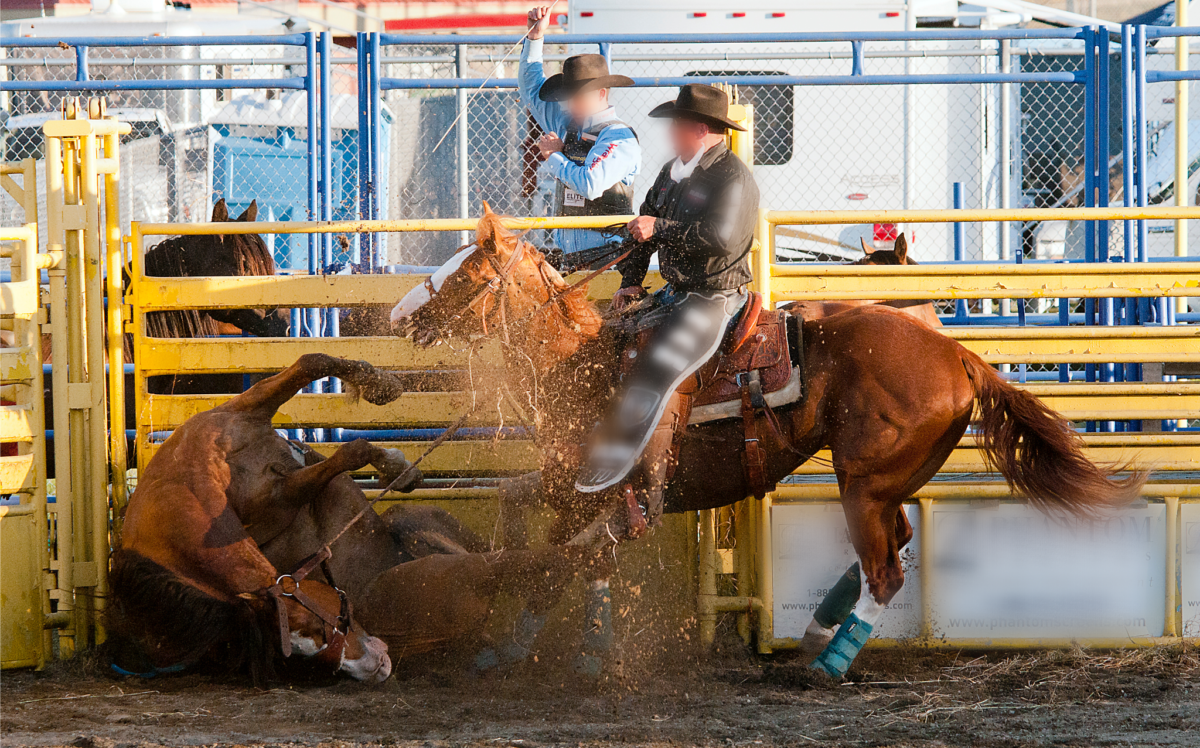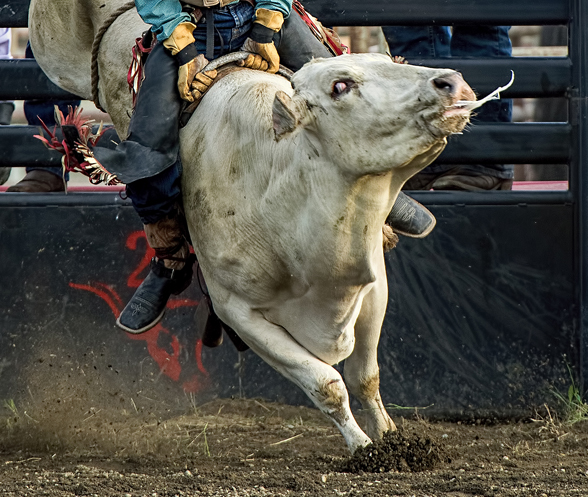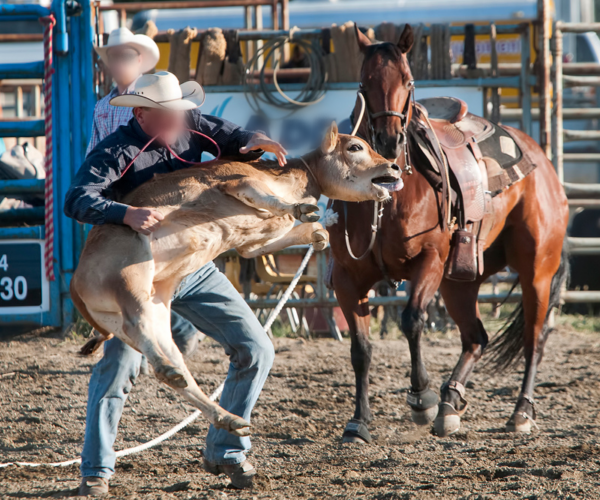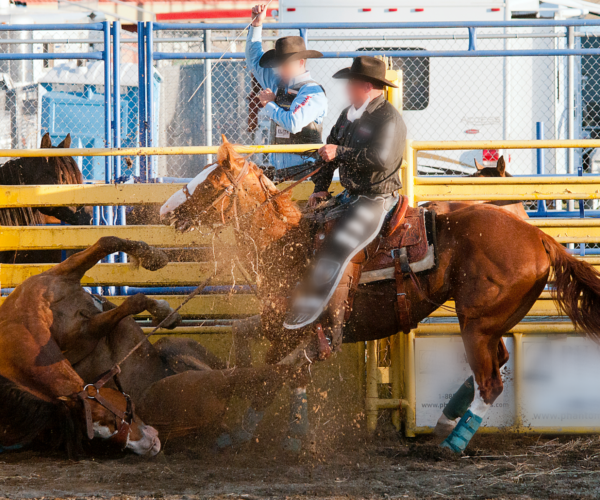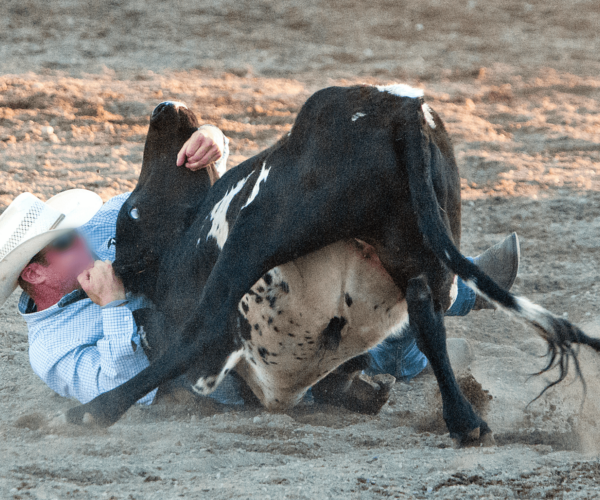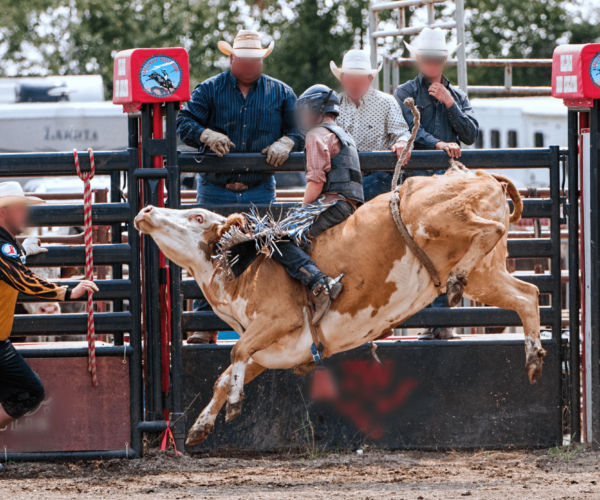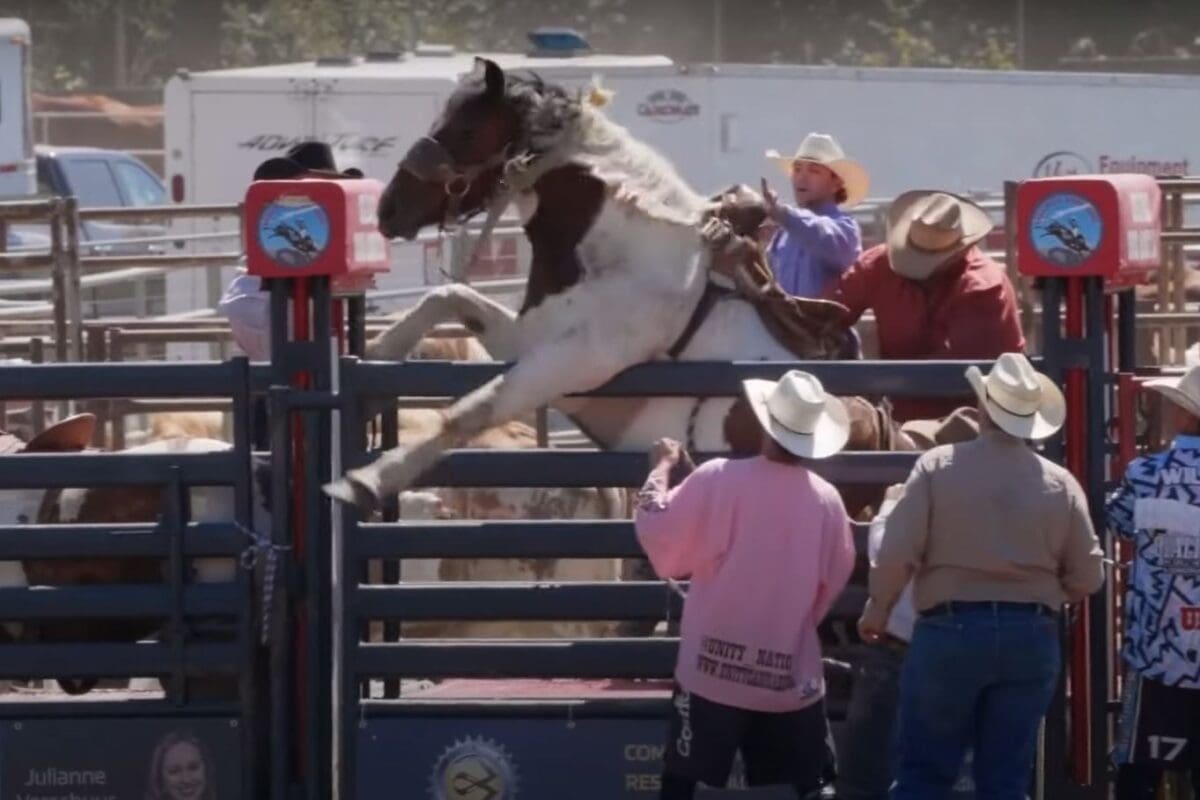Vancouver, July 15, 2023 — The Vancouver Humane Society (VHS) is again calling on Calgary Stampede organizers and Calgary City Council to remove the chuckwagon races from the Stampede program, following the death of a horse during Friday’s event.
The horse sustained an injury during the seventh heat of the chuckwagon races and was subsequently euthanized. 75 horses used in the chuckwagon races have died at the Calgary Stampede since the VHS started tracking fatalities in 1986, including two since the Stampede recently changed the structure of the event from four wagons per heat to three.
“The reality is that despite efforts over the years to make the event safer, horses continue to die nearly every year in the chuckwagon races,” said VHS Campaign Director Emily Pickett. “The nature of this event means that any race could quickly turn fatal.”
In fact, in the last two decades, there have only been three years in which the races did not result in horse fatalities: 2003, 2004, and 2016.
The VHS pointed to the structure of the chuckwagon races, which are dubbed ‘the half-mile of hell’, as inherently dangerous. The high speed of the race and the close proximity of the horses and wagons to each other presents a risk of creating a chain reaction if one horse falls or is injured. Furthermore, experts have raised concerns about the use of thoroughbred horses as they are often overbred for speed rather than skeletal strength, making their legs susceptible to injury.
The VHS is also calling for an end to calf roping, team roping, steer wrestling and bucking events at the Calgary Stampede, noting that the events rely on the use of fear, stress and discomfort to make the animals flee and buck for sake of public entertainment.
“Public polling shows that a majority of Canadians oppose the use of animals in rodeos,” said Pickett.
Another public poll of Calgarians conducted during last year’s Stampede found removal of the rodeo and chuckwagon events from the Stampede program would have virtually no impact on attendance rates and would bring in new crowds.
“It’s time for the Calgary Stampede to move away from these dangerous and inhumane events and to instead focus on the many alternative events and activities that already attract hundreds of thousands of attendees to the Stampede every year,” added Pickett.
– ends –
SOURCE Vancouver Humane Society
For more information, contact Chantelle Archambault: 604-416-2903, chantelle@vancouverhumanesociety.bc.ca

